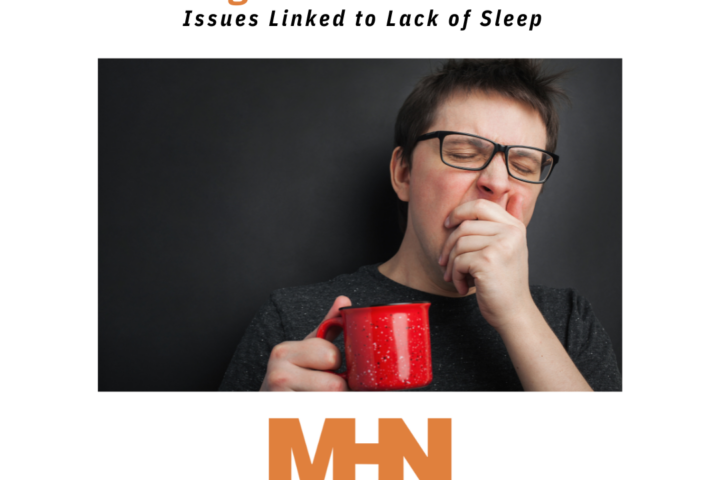We often want to blame a rise in blood pressure on diet, weight, lack of exercise or family history. All of those risk factors can and do play their part of possibly leading to hypertension. But there is another risk factor each of us experience just about every day that can be shouldering some of the responsibility for the extra rise in our blood pressure numbers – stress.
Hardly a day goes by when we don’t have some form of stress affect us. Stress can fall into either a low, medium, or high category and if yours keeps falling in the medium to high level, this could be part of the problem.
It’s guaranteed, stress will happen. The best we can do is deal with it in a constructive and positive manner to reduce the tension and strain we sometimes feel. Here are some ways to do this:
- Ask for help
This is listed first because too many times we think we can manage it all on our own. This is not the time to pretend to be superhuman – ask for help. Just talking about the pressure you are feeling with your spouse, family, or friends can bring temporary relief and a good chance someone will offer their help and support. If you continue to struggle with stress and anxiety, discuss this with your doctor.
- Use relaxation techniques
There are very good methods of relieving stress – yoga, Pilates, muscle relaxation, deep breathing exercises, or meditation. Take at least 5-10 minutes each day to practice at least one of them.
- Pamper yourself
You have to value yourself in order to want to nurture yourself. There will always be demands on our time but take the time each day to put yourself first. Go for a walk, take a quick nap, listen to your favorite music, or get a massage. Whatever it is that helps to put the focus on you for at least a short while. Don’t view it as being selfish – when we pamper ourselves, it puts us in a better frame of mind making us more effective at dealing with others and with stress.
- Get good at time-management
Some people take great pride in being able to juggle everything at once. But when too many balls are in the air, there’s a good chance when one comes down, they all come crashing down. Learn to work efficiently yet without being overwhelmed which can help lower stress levels.
- Get sufficient sleep
If lack of shut-eye is turning you into a moody mess, start by working on a better bedtime routine. For starters, go to bed and get up at the same time each day, even on weekends. Knowing how to develop better sleep habits so we wake up more refreshed has a big impact on our mood, mental alertness, energy level, and physical health.
- Expand your social connections
When we connect with others, it helps to see we are not the only one experiencing stress. When we disconnect from friends or family, we isolate ourselves unnecessarily that can lead to more stress. By joining a club, volunteering, or participating in a support group, it puts more perspective on the lives of others and how we all have similar situations.
Photo credit: pixabay




